The Shenzhou-19 crew aboard China's Tiangong Space Station is continuing to methodically carry out space science experiments, technical tests, and emergency rescue training after successfully completing their third extravehicular activity (EVA), the China Central Television reported on Sunday.
Last week, the crew completed several tasks related to the universal extravehicular testing of components and devices, including the transfer of equipment into the cabin, sample retrieval, assembly testing, and a second EVA.
The parameters and in-orbit characteristic data obtained from this project will be integrated with ground-based validation data for comprehensive analysis. This will help assess the effectiveness of these components in orbit and provide critical data support for the development of high-performance space application components.
In addition, the taikonauts carried out in-orbit experimental verification of the space station pipeline inspection robot as planned, achieving image inspection within ventilation ducts and laying a technological foundation for the automated inspection of pipelines aboard the space station.
The experiment verified key technologies such as the robot's structural design for adapting to various complex pipelines, as well as multi-level coordinated full-body motion control in complex pipeline environments.
The pipeline inspection robot can move on its own through the complex pipeline systems of the space station in a microgravity environment. It is equipped with various high-precision sensors that can monitor and check pipeline structure, temperature, and pressure in real time. The data is then quickly sent back to the ground control center or the space station's monitoring system, Wang Ya'nan, chief editor of Aerospace Knowledge magazine, told the Global Times on Sunday.
This not only improves the efficiency and accuracy of inspections but also reduces the physical effort and time taikonauts need to spend in narrow and risky pipeline areas, said Wang, further noting that it helps lower the chances of missing problems or making mistakes during manual checks, which helps protect the taikonauts' safety and keep the space station running smoothly.
In the field of aerospace medicine experiments, the crew completed operations including blood collection, centrifugation, and cryopreservation.
Ground-based researchers will use these blood samples to conduct a range of experimental studies, including the interactive regulation of bone metabolism, aerospace integrative omics, space circadian rhythms, and sleep research.
The crew also carried out behavioral and eye-tracking experiments for a microgravity relational cognition project. Using equipment such as eye trackers and laptops, they recorded eye movement patterns and collected eye-tracking data to study the cognitive patterns and neural basis of human relational perception in a microgravity environment. Additionally, the crew completed multiple experiments in the field of microgravity physical sciences.
Last week, the taikonauts completed rapid donning and doffing training for the intravehicular pressure suits, improving operational proficiency under weightless conditions. The related data also supports the refinement of emergency evacuation protocols.
The crew efficiently completed inspection and maintenance tasks related to the regenerative life support system and conducted a series of medical examinations, including routine blood tests, biochemical tests, body mass measurements, intraocular pressure checks, and fundus examinations.
Meanwhile, by combining in-orbit exercise with relevant instruments and equipment, they conducted studies on countermeasures against the effects of microgravity on the human body.
The Shenzhou-19 taikonauts have been working and living in orbit for over 150 days, CCTV reported. Members of the Shenzhou-19 crew aboard China's orbiting space station completed their mission's third series of extravehicular activities at 8:50 pm on March 21, according to the China Manned Space Agency.
The Shenzhou-19 astronauts are scheduled to return to the Dongfeng landing site in North China's Inner Mongolia Autonomous Region in late April or early May next year, according to the CMSA.








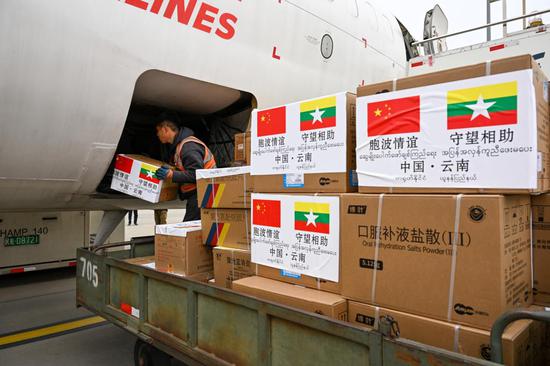


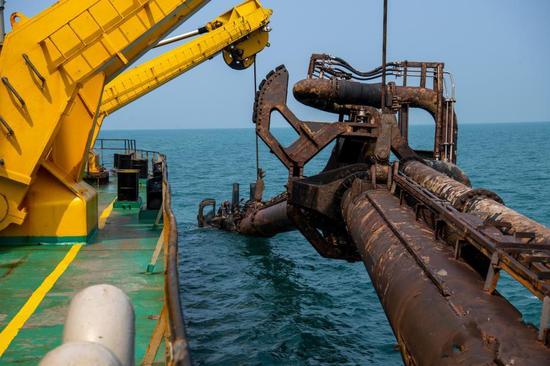
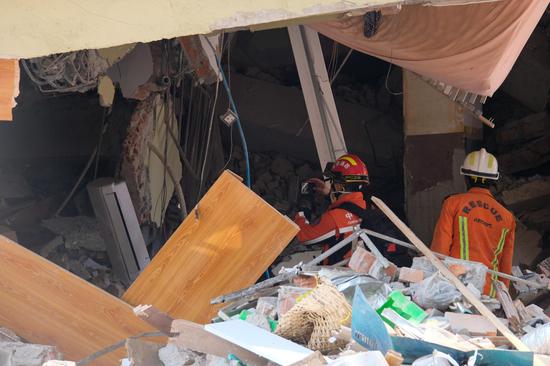


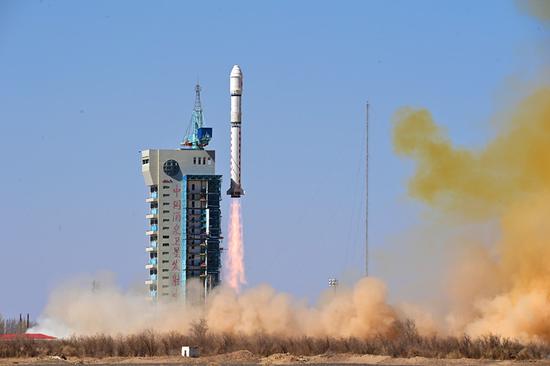
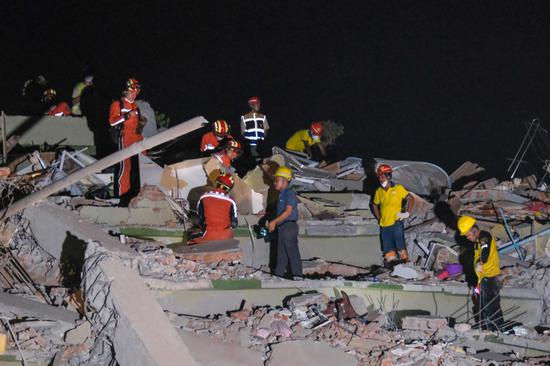
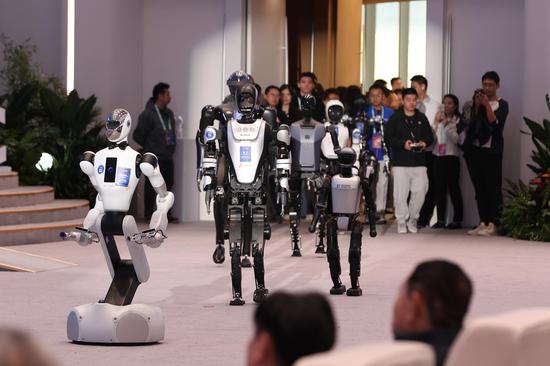

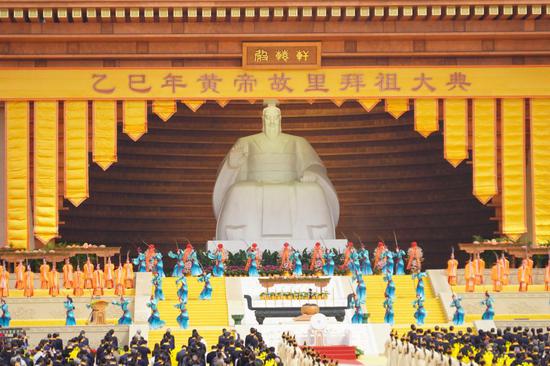


























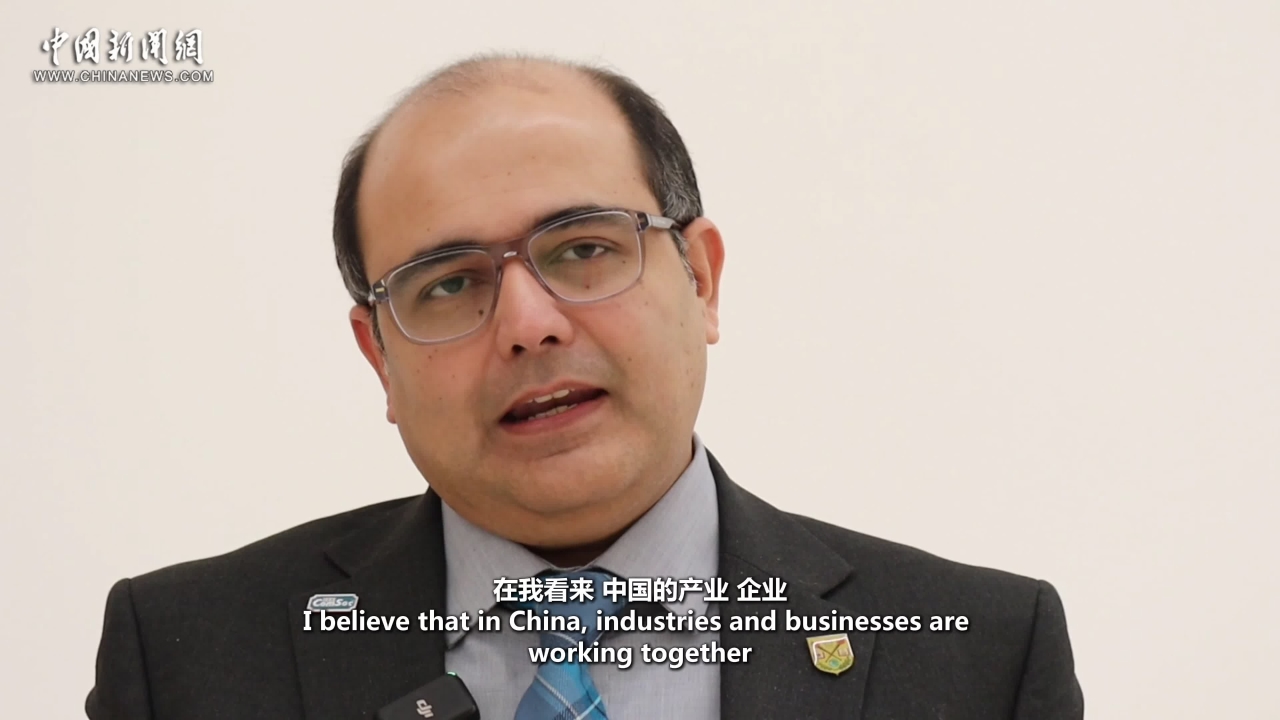



 京公網(wǎng)安備 11010202009201號
京公網(wǎng)安備 11010202009201號